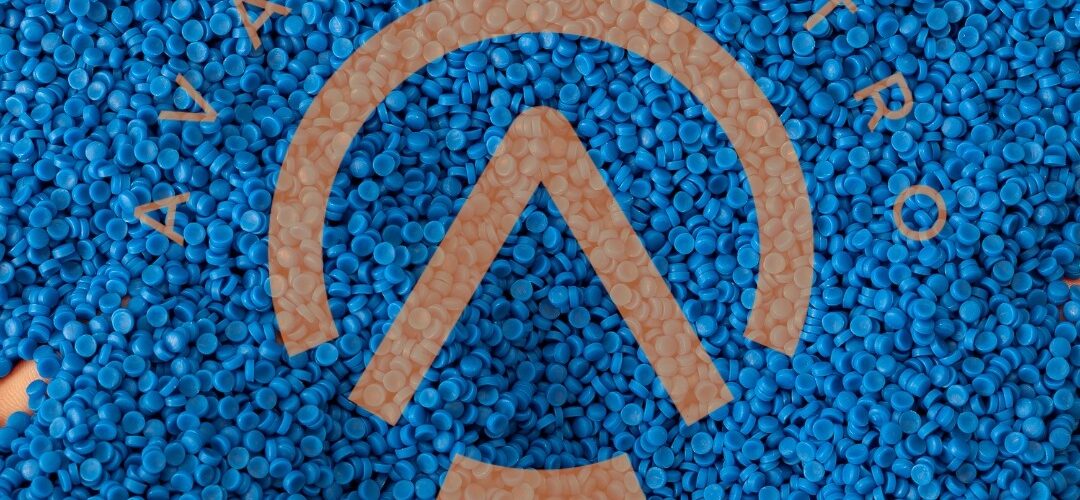The Role of Polymers in Daily Life
Polymers, often referred to as the unsung heroes of our daily lives, play an integral role in shaping the modern world. These versatile compounds, composed of repeating molecular units, have infiltrated every aspect of our existence, from the clothes we wear to the containers that hold our food. In this article, we will delve into the multifaceted world of polymers, exploring their significance, applications, and the impact they have on our daily routines.
Understanding Polymers: What Are They?
Before we can truly appreciate the role of polymers in our daily lives, it’s essential to understand what polymers are. Polymers are large molecules made up of smaller repeating units, called monomers. These long chains of monomers can be natural or synthetic and possess a wide range of properties that make them invaluable in various industries.
Natural Polymers
- Proteins: The building blocks of life, proteins are natural polymers that play a vital role in our bodies. Collagen, for example, provides structure to our skin, while enzymes facilitate essential biochemical reactions.
- Cellulose: Found in plant cell walls, cellulose is another natural polymer. It is a crucial component in the production of paper and textiles.
- DNA: Deoxyribonucleic acid, or DNA, is a complex natural polymer that carries genetic information.
Synthetic Polymers
- Polyethylene: Commonly used in packaging materials and plastic bags, polyethylene is a synthetic polymer known for its durability and flexibility.
- Polyester: Used in clothing and textiles, polyester is a synthetic polymer that is resistant to wrinkles and shrinking.
- Polyvinyl Chloride (PVC): PVC is a versatile synthetic polymer used in pipes, cables, and even clothing.
Polymers in the World of Fashion
- Polyester in Clothing: The fashion industry relies heavily on polymers. Polyester, for instance, is a popular choice for clothing due to its affordability and ease of care.
- Spandex: This synthetic polymer revolutionized the world of sportswear and fitted clothing, offering stretchability and comfort.
Polymers in Packaging
- Plastic Containers: Polymers like polyethylene and PVC are widely used in packaging, extending the shelf life of products and reducing waste.
- Food Preservation: Polymers also play a critical role in food packaging, maintaining the freshness and safety of our daily groceries.
Polymers in Medicine
- Medical Devices: Polymers are essential in the manufacturing of medical devices such as catheters, prosthetic limbs, and dental implants.
- Drug Delivery: Controlled-release polymers are used in drug delivery systems, ensuring the gradual release of medications for effective treatment.
Polymers in Electronics
- Circuit Boards: Polymers are used in the production of circuit boards, enabling the development of smaller and more efficient electronic devices.
- Flexible Displays: Flexible polymers have led to the creation of bendable screens, revolutionizing the smartphone and wearable technology industries.
Conclusion
In conclusion, polymers are the unsung heroes that permeate every facet of our daily lives. Whether it’s the clothes we wear, the food we eat, or the devices we use, polymers are the silent architects of modern convenience. Their versatility and adaptability have allowed us to enjoy a more comfortable and efficient lifestyle.
FAQs
- Are all polymers synthetic? No, there are both natural and synthetic polymers. Natural polymers include proteins, cellulose, and DNA, while synthetic polymers like polyethylene and polyester are created in laboratories.
- How do polymers impact the environment? While polymers offer many benefits, some synthetic polymers can contribute to environmental pollution if not disposed of properly. Efforts are being made to develop biodegradable polymers to mitigate this issue.
- What are the future prospects for polymers in technology? Polymers will continue to play a pivotal role in technology, with ongoing advancements in flexible electronics, biodegradable plastics, and sustainable materials.
- Can polymers be recycled? Yes, many polymers are recyclable, and recycling programs help reduce the environmental impact of plastic waste.
- What are the potential health concerns associated with polymers in medical devices? Medical-grade polymers are rigorously tested and designed to be biocompatible. However, improper manufacturing or use can lead to health concerns, emphasizing the importance of quality control and regulation in the industry.

